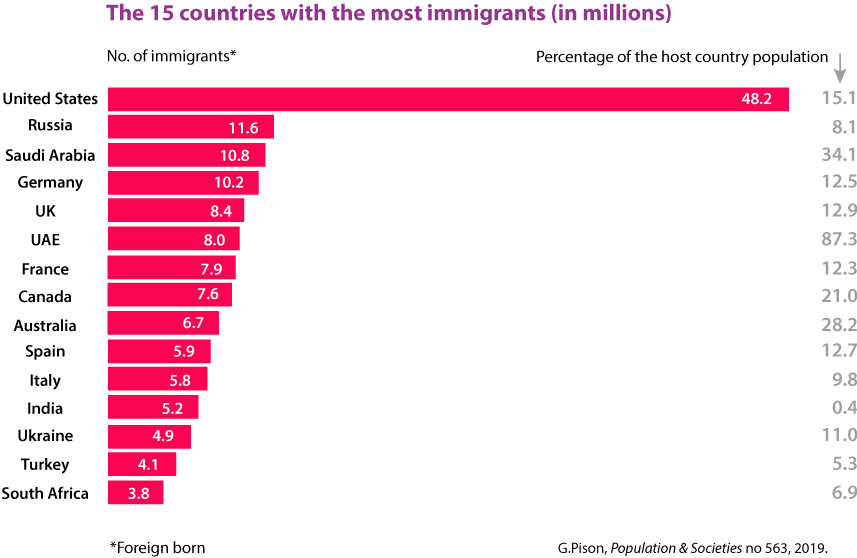1. Background story.
While aimlessly scrolling the deep web, I stumbled upon several videos by some English people. They claimed they are becoming a cultural minority in their own country.
According to them, non-English people already form the majority in London, Birmingham and Manchester.
Now, in this world filled with silencers, the question is: Are they racist to even make this claim? Some people think so.
But, I am baffled.
I don’t see where racism fits at all into this narrative. And I understand why some would raise this concern, assuming it’s a genuine concern that is short and direct.
However, as a South African who has never set foot in the UK, I do not understand the dynamics at play there. So, I will refrain from making guesses and limit my assessment based on human nature.
And history. The long and wonderfully unjust history. I also want to add my opinion on whether there is a justified reason to be concerned.

Maybe those people who are concerned about London have yet to see this side of it?
2. The irreversibility of what’s at hand!
But first, and off the bat, I believe the situation at play is irreversible. I also believe it should not lead to sleepless nights for the English.
England comprises just a fraction of a larger land mass called the United Kingdom, right?
Had that land been left to simply England, the world would perhaps ignore it. But it’s part of the UK, and the world is familiar with and interested in the UK.
The UK complicates the whole picture since it draws in other territories which aren’t England. And should not be assumed to be always allied with it. What Scotland might have an affinity for, England might not. Yet, the land mass is shared.
Although the point I have just made does not address the issue of marginalisation or loosening of any kind, it may invite a bit of understanding into large human structures and how they exist within the larger world.
Some immigrants are settling into some non-England territories of the UK but are inadvertently pulling the same resources available to all on that island.
Why should immigration be an English-focused issue?
South Africa, Canada, The US, Australia, Kenya and New Zealand all have a torrent of immigrants landing on their shores every month. Although not as small in land mass as the UK, some of them[these nations] are not as economically suited for the influx.
The entirety of the point here is to ask: Who cares? Really?

3. The evolution of the world and a myriad of complex issues.
The world is constantly evolving, and new challenges become posed to every corner of it. Each country has a unique blend of issues it must learn to live with!
In South Africa, we have immense inequality and reconciliation issues. Should we resolve these, then the next batch awaits us; rest assured. Such is life!
There you go.
The UK has asserted itself in the previous centuries by colonising parts of the world. And although those efforts sought to enrich it, they have also inadvertently drawn attention to it.
If the UK wanted to remain homogeneous, they should never have offered the world ammunition to counter-attack them. They should’ve refrained from making the initial attack.
This ammunition is the spreading of their language, beliefs and customs, mainly by colonising.
They accustomed the world to themselves and relied on foreign human labour to drive parts of their industry. They also subjugated many economies whilst bolstering their own.
It is what it is. So, too, is the current dynamic that will increasingly exist in England.
This situation may be irreversible because of that complex nation’s role in the world.
Plenty of nations decided against drawing attention to themselves, some of which are in Europe. England, and its confidant, the UK, is not one of them.
4. There is ‘some‘ stability in the UK, which people are desperate for.
People come to England for its institutions and prospects for a better life devoid back home.
They don’t come to England to marginalise the English culture or its people!
But they come with a culture of their own, which some may consider contentious.

I am confident that they[foreigners] classify themselves as British and not English.
English is a culture[a way of life]. It’s an ethnic group belonging to the English people, and people understand that.
People understand that but do not necessarily respect that. Because cultures are liable to change one way or another – They are dynamic at their essence. The ‘English’ culture does not hold sway over that.
Denial of this is akin to saying people are static machines set in their ways, which is absolute nonsense. No data in all of human history supports this!
Yes, people are partly a result of their societies, but even that changes and is never set to one way.
Also, societal advancements[our favourite child] can’t be attributed to a particular race or people, and they will be exchanged during life.
Even the word English or England will cease to exist and make room for a more inclusive term depicting the new way of life there.
5. Should we all welcome a new way of life?
Instead, we must search for a(or several) world governance(s) that understands inclusivity as a truth of life and attempts to strike a balance for all humans involved.
Maybe this model will fail? Who knows. It has yet to be tested!
The impermanence that has marred the fabric of life is acting out in the UK as we speak, and yes, there is fear and anxiety!
The native members of the UK need to understand the position that they find themselves in, and its historical significance.
People will continue to relocate to that island; that’s a guarantee. And by the large immigrant numbers alone, the dominant culture[there] will subside a bit.
But what is culture anyway?
Right now, you’re reading through this piece, written in English for a global audience that is literate or semi-literate. This language was, in part, brought about by colonialisation. And it now comprises a bit of my culture on a shallower level.
Notice I said in part and not fully. I don’t understand the entire scope of history to use words such as ‘fully’ confidently.
Europeans who colonised the world enforced a new culture on a world scale, and the people who had to adapt to that new order had to reconcile the unknown with their ways of life.

Nations in dark blue represent ‘English as home language’. Whilst those in light blue represent English as a language of trade, but secondary in any other case.
That inadvertently made trade in the world easier by killing some language|cultural| and intellectual barriers, but it also allowed different people to mix very nuancedly.
That nuance is all over England. So much so that some white people(English) would risk their statehood to protect the rights of the so-called ‘immigrants’. Some even envy and want to procreate with these outsiders.
And guess what? They’re as English as you are. Maybe even more!
I’m sure people in England are divided on whether the English culture is genuinely diminishing. Moreso, whether this matters or not!
They are not even in unison on what ‘English’ really entails.
We learn that the English[like everyone else] are not homogeneous in their beliefs, views, ideology and biology.

What is English all about except a set of agreements between people? And these people just having a high concentration in England!
6. Conclusion.
To some extent, I am having an ‘English’ experience by writing in English and conversing in that language half of the time in professional spaces.
So English now transcends England, and the experience itself draws back to England and the UK like a lightning strike.
Perhaps it’s true that specific individuals feel that the English way of life is loosening in that nation. And they are correct; of course, they are!
And this is irreversible. When people blend that way, a new order ought to have been created.
And that order does not prioritise ‘English culture’ at its helm. It prioritises it only some of the time.
Because life is all about fullness, and England and its culture doesn’t, nor will they ever have a monopoly on that!
The same is true for all of us. We all need humble pie!
Bye.


